Honda ZR-V vs Hyundai Kona - Differences and prices compared
Compare performance (184 HP vs 218 HP), boot space and price (36800 £ vs 23100 £ ) at a glance. Find out which car is the better choice for you – Honda ZR-V or Hyundai Kona?
Costs and Efficiency:
Price and efficiency are often the first things buyers look at. Here it becomes clear which model has the long-term edge – whether at the pump, the plug, or in purchase price.
Hyundai Kona has a clearly advantage in terms of price – it starts at 23100 £ , while the Honda ZR-V costs 36800 £ . That’s a price difference of around 13714 £.
Fuel consumption also shows a difference: Hyundai Kona manages with 4.60 L and is therefore clearly perceptible more efficient than the Honda ZR-V with 5.70 L. The difference is about 1.10 L per 100 km.
Engine and Performance:
Power, torque and acceleration say a lot about how a car feels on the road. This is where you see which model delivers more driving dynamics.
When it comes to engine power, the Hyundai Kona has a a bit edge – offering 218 HP compared to 184 HP. That’s roughly 34 HP more horsepower.
Both models accelerate almost equally fast – 7.80 s from 0 to 100 km/h.
In terms of top speed, the Hyundai Kona performs slightly better – reaching 210 km/h, while the Honda ZR-V tops out at 173 km/h. The difference is around 37 km/h.
There’s also a difference in torque: Honda ZR-V pulls slightly stronger with 315 Nm compared to 265 Nm. That’s about 50 Nm difference.
Space and Everyday Use:
Cabin size, boot volume and payload all play a role in everyday practicality. Here, comfort and flexibility make the difference.
Both vehicles offer seating for 5 people.
In curb weight, Hyundai Kona is evident lighter – 1370 kg compared to 1660 kg. The difference is around 290 kg.
In terms of boot space, the Hyundai Kona offers slightly more room – 466 L compared to 380 L. That’s a difference of about 86 L.
In maximum load capacity, the Honda ZR-V performs slight better – up to 1312 L, which is about 12 L more than the Hyundai Kona.
When it comes to payload, Hyundai Kona minimal takes the win – 490 kg compared to 455 kg. That’s a difference of about 35 kg.
Who wins the race in the data check?
The Hyundai Kona is far ahead overall in the objective data comparison.
This result only shows which model scores more points on paper – not which of the two cars feels right for you.
Costs and Consumption
View detailed analysis
Engine and Performance
View detailed analysis
Dimensions and Body
View detailed analysis

Hyundai Kona
Honda ZR-V
The Honda ZR-V blends smart practicality with sharper styling than you might expect, giving buyers a calm, competent companion for daily life. Inside it's comfortable and cleverly laid out, easy to live with and never trying too hard to be exciting.
details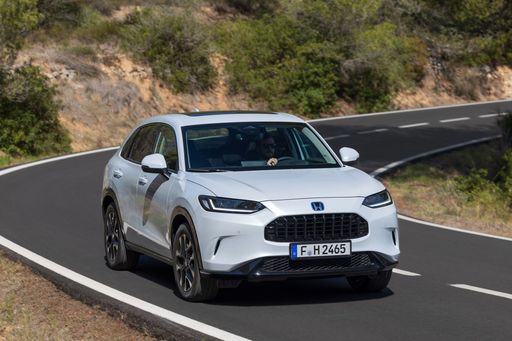
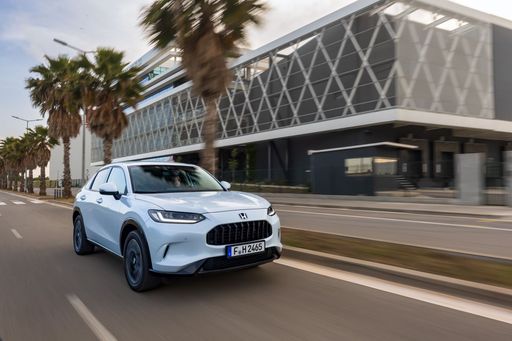
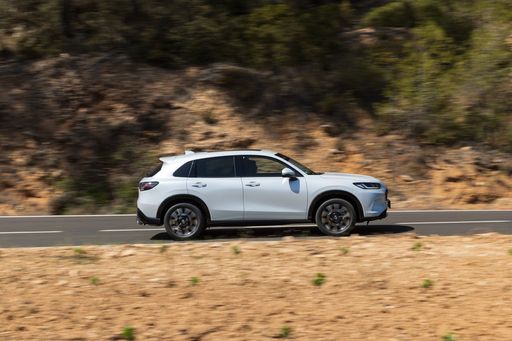
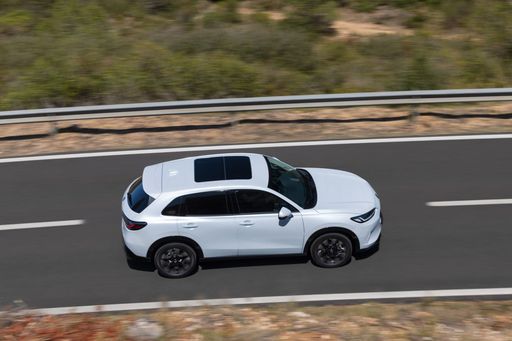
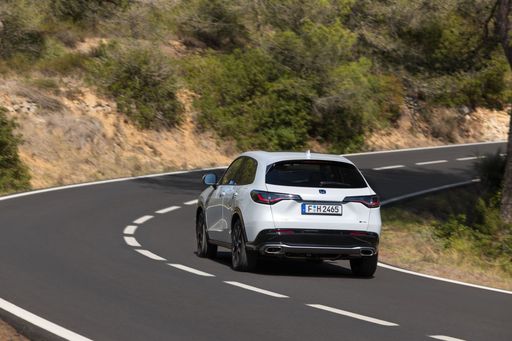
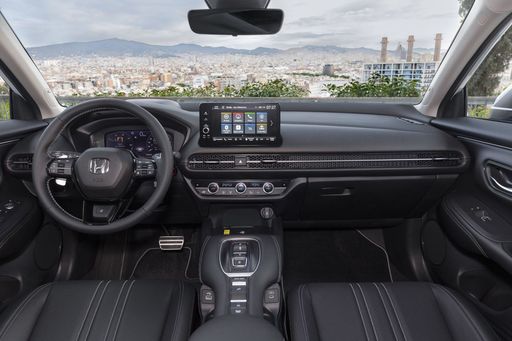
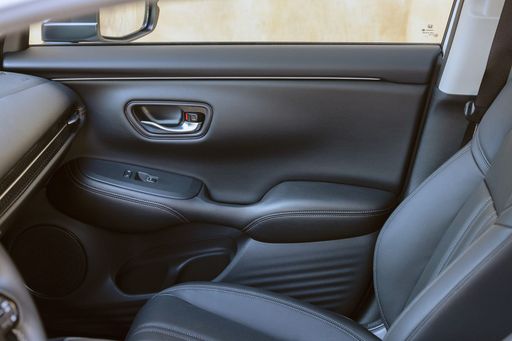
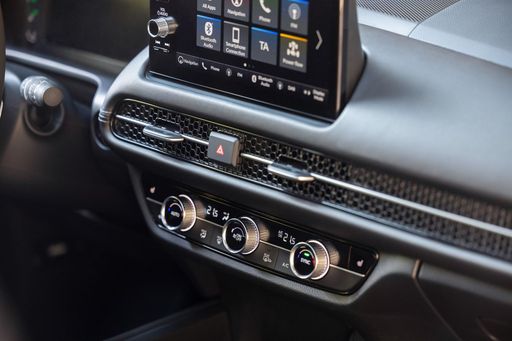
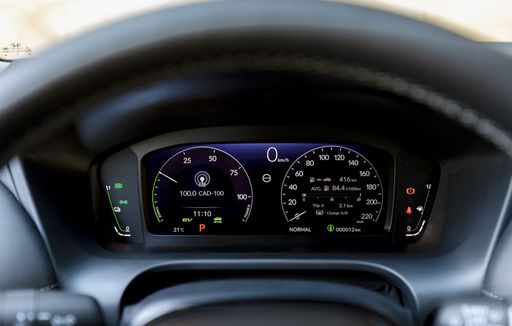
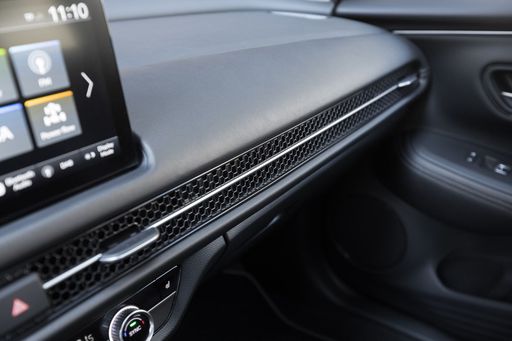
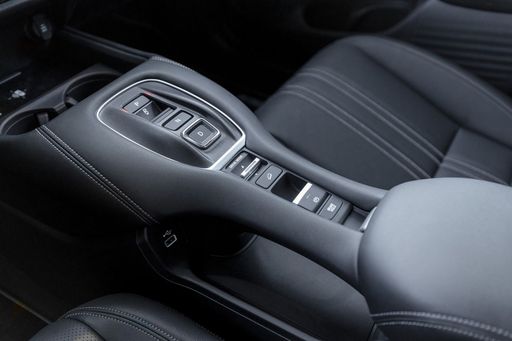
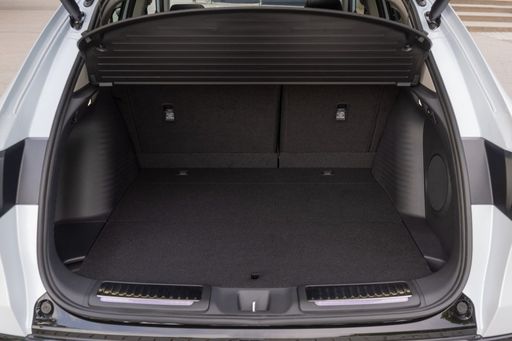
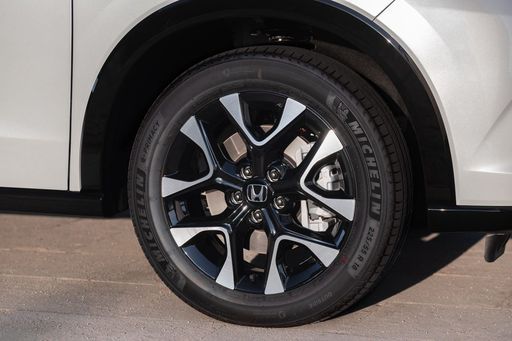
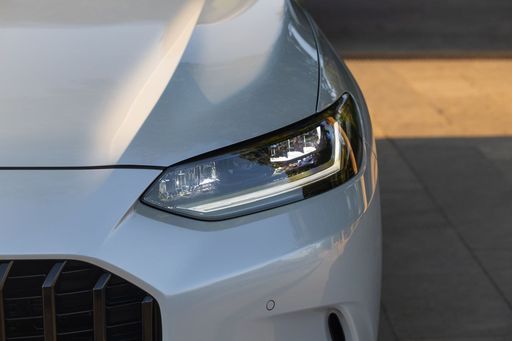
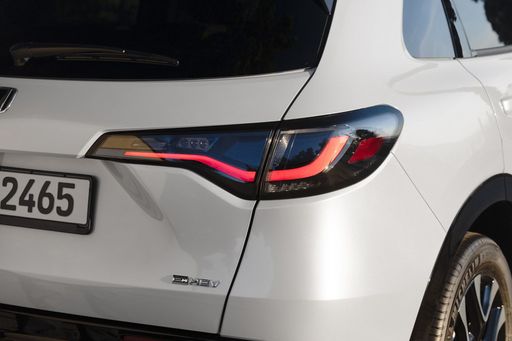
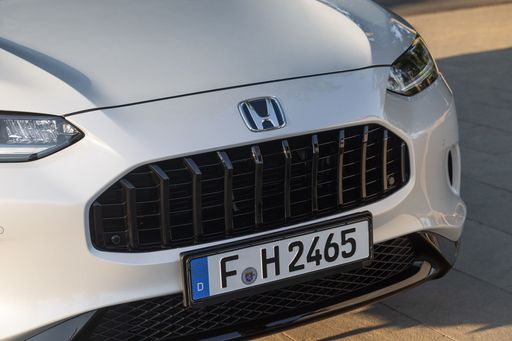
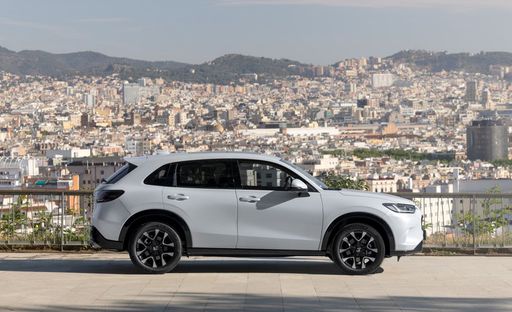
Hyundai Kona
The Hyundai Kona wears its personality on the outside with bold styling and sprightly handling that turns city driving into something a little more fun than a commute. It blends practical space, modern tech and sensible running costs into a compact, stylish package — a smart pick if you want flair without paying luxury prices.
details



Costs and Consumption |
|
|---|---|
|
Price
36800 - 40400 £
|
Price
23100 - 41600 £
|
|
Consumption L/100km
5.7 - 5.8 L
|
Consumption L/100km
4.6 - 7 L
|
|
Consumption kWh/100km
-
|
Consumption kWh/100km
14.6 - 16.8 kWh
|
|
Electric Range
-
|
Electric Range
377 - 514 km
|
|
Battery Capacity
-
|
Battery Capacity
1.3 - 65.4 kWh
|
|
co2
130 - 132 g/km
|
co2
0 - 163 g/km
|
|
Fuel tank capacity
57 L
|
Fuel tank capacity
38 - 47 L
|
Dimensions and Body |
|
|---|---|
|
Body Type
SUV
|
Body Type
SUV
|
|
Seats
5
|
Seats
5
|
|
Doors
5
|
Doors
5
|
|
Curb weight
1660 - 1710 kg
|
Curb weight
1370 - 1773 kg
|
|
Trunk capacity
370 - 380 L
|
Trunk capacity
466 L
|
|
Length
4568 mm
|
Length
4350 - 4385 mm
|
|
Width
1840 mm
|
Width
1825 mm
|
|
Height
1613 mm
|
Height
1580 - 1585 mm
|
|
Max trunk capacity
1291 - 1312 L
|
Max trunk capacity
1300 L
|
|
Payload
440 - 455 kg
|
Payload
420 - 490 kg
|
Engine and Performance |
|
|---|---|
|
Engine Type
Full Hybrid
|
Engine Type
Electric, Petrol, Full Hybrid
|
|
Transmission
-
|
Transmission
Automatic, Manuel
|
|
Transmission Detail
-
|
Transmission Detail
Reduction Gearbox, Manual Gearbox, Dual-Clutch Automatic
|
|
Drive Type
Front-Wheel Drive
|
Drive Type
Front-Wheel Drive, All-Wheel Drive
|
|
Power HP
184 HP
|
Power HP
115 - 218 HP
|
|
Acceleration 0-100km/h
7.8 - 8 s
|
Acceleration 0-100km/h
7.8 - 11.9 s
|
|
Max Speed
173 km/h
|
Max Speed
162 - 210 km/h
|
|
Torque
315 Nm
|
Torque
200 - 265 Nm
|
|
Number of Cylinders
4
|
Number of Cylinders
3 - 4
|
|
Power kW
135 kW
|
Power kW
85 - 160 kW
|
|
Engine capacity
1993 cm3
|
Engine capacity
998 - 1598 cm3
|
General |
|
|---|---|
|
Model Year
2025
|
Model Year
2024 - 2025
|
|
CO2 Efficiency Class
D
|
CO2 Efficiency Class
A, D, C, E, F
|
|
Brand
Honda
|
Brand
Hyundai
|
What drivetrain options does the Honda ZR-V have?
The Honda ZR-V is available as Front-Wheel Drive.




